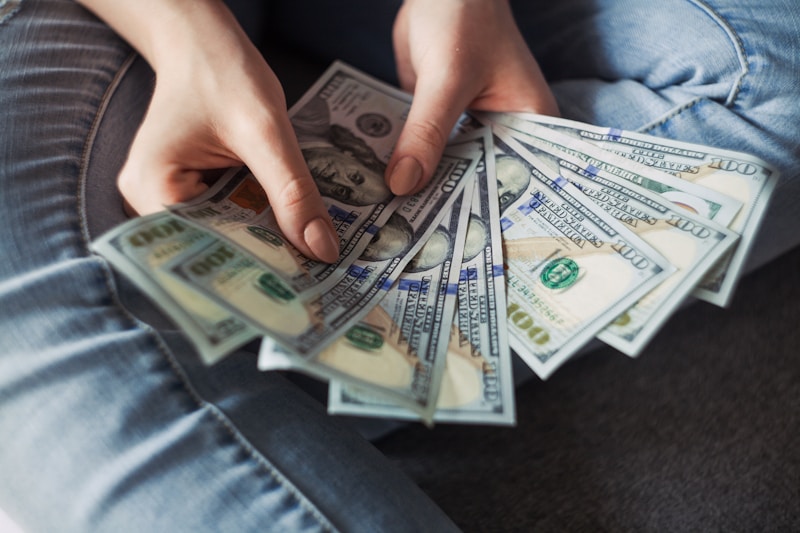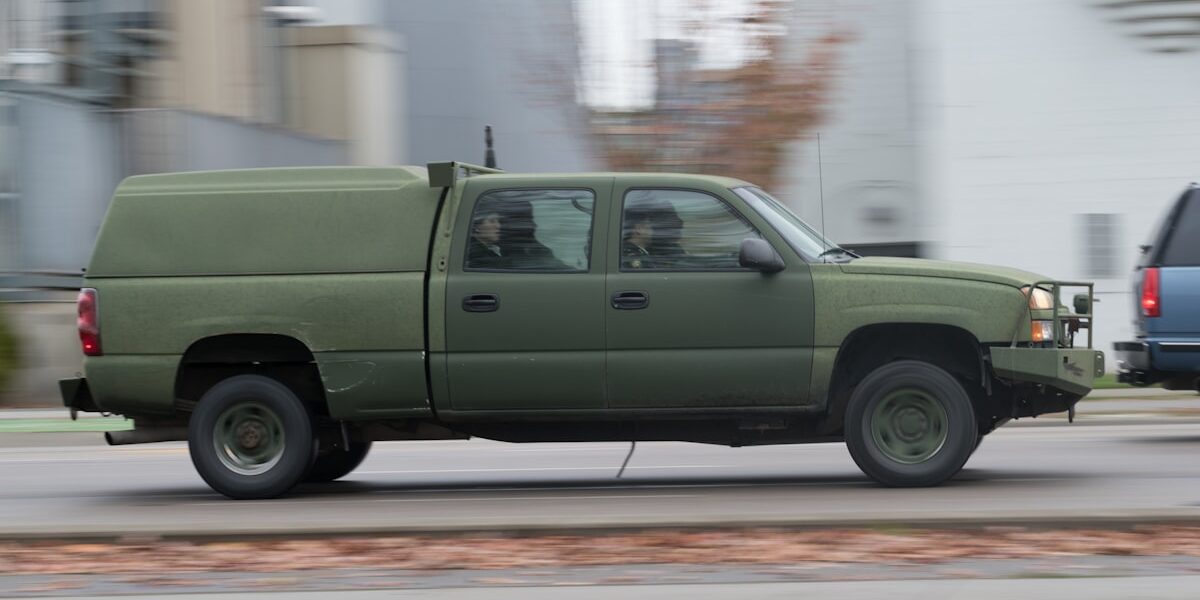The Militaria Dealers
The militaria dealer landscape has gotten complicated with all the online marketplaces, social media sellers, and pop-up vendors competing for collector attention. As someone who’s been buying from and interacting with militaria dealers for years, I learned everything there is to know about what these people do, how the market works, and what to look out for.
Good militaria dealers are more than just shopkeepers. They’re part historian, part detective, part businessman. Their work involves not just trading artifacts but verifying authenticity — which requires serious knowledge of military history, manufacturing techniques, and materials science. Items range from common memorabilia you can find at any flea market to incredibly rare collectibles worth tens of thousands of dollars.
The Origins of Militaria Collecting
Collecting military items goes way back — Roman soldiers kept souvenirs from their campaigns, and knights and their descendants preserved weapons and armor for posterity. The practice became more formalized in the 19th century, especially after the Napoleonic Wars and the American Civil War, when veterans started keeping and trading mementos from their service.

World War I really accelerated things. Returning soldiers brought home trophies and memorabilia in massive quantities, creating a whole new generation of collectors and, inevitably, dealers to serve them.
Types of Militaria
Probably should have led with this section, honestly. Militaria covers a huge range of items, and understanding the categories helps you appreciate what dealers actually work with:
- Uniforms: These are often the most visually striking items in any collection. They tell you about military hierarchy, national styles, and the evolution of combat clothing. I’ve handled uniforms from five different wars, and each one has a distinct character.
- Medals and Decorations: Small items that carry immense historical weight. Each medal tells a specific story of valor, service, or remembrance. These are what got me started in collecting.
- Weapons: Swords, firearms, bayonets, and other armaments are perennial favorites. They provide tangible links to the past and showcase technological advancement across eras.
- Documents and Ephemera: Letters, maps, photographs, and orders offer deeply personal glimpses into individual soldiers’ lives. These often carry the most emotional punch of any militaria category.
Role of Militaria Dealers
Dealers serve as essential intermediaries between sellers and collectors. Their core job is evaluating items accurately to ensure fair transactions for both parties. This requires researching provenance, assessing condition, and placing items in their proper historical context.
Most dealers specialize in specific eras or types of militaria, which allows them to develop deep expertise. That’s what makes finding a good specialized dealer endearing to us collectors — they can tell you things about an item that you’d never figure out on your own. It’s not unusual for reputable dealers to collaborate with museums, historians, and academic researchers.
Verification and Authentication
Authentication is where dealers really earn their money. The market is flooded with reproductions and outright fakes, and telling the difference requires trained eyes and deep knowledge. I’ve seen incredibly convincing forgeries that fooled casual collectors but were immediately flagged by experienced dealers.
Verification involves detailed analysis — examining manufacturing marks, wear patterns, material composition, and construction techniques. Reference books, archival records, and expert consultations all play a role. It’s detective work, essentially, and the best dealers approach it with genuine rigor.
Market Trends in Militaria
The market is surprisingly dynamic. Interest fluctuates based on historical anniversaries, current events, and shifts in public sentiment. WWII items are consistently the most popular, partly because of the war’s global scale and partly because of the sheer volume of artifacts that survived. I’ve noticed prices on certain WWII items have climbed steadily over the past decade.
Collectors focused on the Korean War, Vietnam War, and Falklands War each have dedicated communities. These smaller niches can actually be more interesting to explore because there’s less competition and more opportunity to find unique pieces at reasonable prices.
Ethical Considerations
Ethics matter enormously in this field. Provenance verification isn’t just about value — it’s about ensuring items aren’t stolen or looted. This is especially important for artifacts from recent or ongoing conflicts where legal and moral lines can get blurry.
Dealers also need to handle culturally sensitive items — particularly those bearing controversial or offensive symbols — with appropriate care and context. Transparency and respect aren’t optional in this business. The dealers who last are the ones who maintain trust with their clients and the broader public.
The Future of Militaria Collecting
The digital age has transformed this hobby dramatically. Online platforms make buying, selling, and networking infinitely easier than it was even twenty years ago. Social media groups and forums allow collectors worldwide to share knowledge, compare notes, and build relationships that would have been impossible before the internet.
Technology is also improving authentication. High-resolution imaging and digital archives make research more accessible and thorough. This helps maintain market integrity and makes it harder for forgeries to circulate unchallenged.
Militaria Shows and Auctions
Shows and auctions remain the beating heart of the militaria community. These events provide opportunities to examine items in person, which no online listing can fully replicate. I’ve found some of my best pieces at shows, and the face-to-face conversations with dealers and fellow collectors are invaluable.
Major auction houses regularly feature militaria in their catalogs, and online auctions have expanded the market’s reach globally. Whether you prefer the in-person experience or the convenience of bidding from home, there are more options than ever.
Connecting with History
At the end of the day, collecting militaria is about connecting with real human stories. Every medal, uniform, and weapon was owned by a real person who lived through extraordinary circumstances. The work of dedicated militaria dealers ensures these stories are preserved and accessible to future generations. That’s something I think is genuinely worth supporting.

